25 Things Introverts Hate Doing (So Please Stop Forcing Them)
In a world that rarely slows down, introverts often find themselves navigating spaces that don’t quite fit. It’s not about being shy—it’s about how their energy works. Loud rooms, constant chatter, or being thrown into group plans without notice can feel less like fun and more like a slow drain.
While others may thrive in noise and spontaneity, introverts tend to crave depth, stillness, and a little more room to breathe. But that doesn’t always align with what’s expected.
This isn’t about avoidance—it’s about understanding. So here’s a look at the situations that quietly wear introverts down, and why a little awareness can go a long way.
1. Talking on the Phone When a Text Would Do
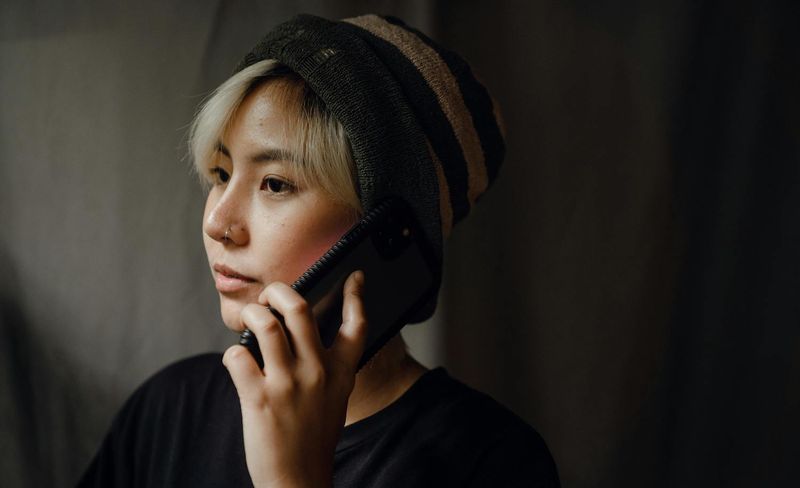
There’s something about a phone call that feels unnecessarily intense for introverts. It’s like a spotlight suddenly turns on, and you’re expected to perform. Texts, on the other hand, are like a friendly chat over the garden fence—comfortable and unhurried.
For introverts, the written word allows them to think before responding, crafting their thoughts with care. Phone calls often catch them off guard, demanding immediate attention and energy. Imagine you’re deeply engrossed in a book, and the phone rings.
The tranquility shatters, and now you’re scrambling to shift your mindset. It’s not about disliking people; it’s about preferring a communication style that fits. Next time you’re tempted to dial, consider if a quick text could do the trick. Trust me, your introverted friend who misses you will thank you with genuine appreciation.
2. Making Small Talk With Strangers

Small talk can feel like an awkward dance with someone stepping on your toes. For introverts, it’s not just about finding the right words; it’s about the sheer exhaustion of navigating superficial conversations. You know the drill—”What do you do?” “Nice weather, right?”—it’s a script that feels stale and uninviting.
Introverts long for deeper connections, and small talk often seems like a barrier to real conversation. Imagine standing in a room full of strangers, trying to muster enthusiasm for yet another discussion about the humidity.
It’s not that introverts can’t engage; they just prefer substance over filler. If you find yourself next to an introvert at a social gathering, maybe skip the small talk and ask about their favorite book or hobby. You might just unlock a truly engaging conversation.
3. Being Put on the Spot in Group Settings

Being called out in a meeting or social gathering without warning feels like the spotlight from a thousand suns suddenly pointing your way. For introverts, it’s not a lack of knowledge or interest; it’s the surprise element that can be overwhelming.
Imagine sitting in a comfortable corner, contributing silently with your thoughts, and suddenly all eyes are on you. It’s as if the world expects you to perform a solo in a symphony you weren’t rehearsed for.
It’s not about shying away from participation but about having time to prepare and collect thoughts. A little forewarning goes a long way in ensuring that introverts shine in group settings. If there’s an introvert in your circle, giving them a heads-up before calling on them could make all the difference.
4. Attending Crowded Social Events
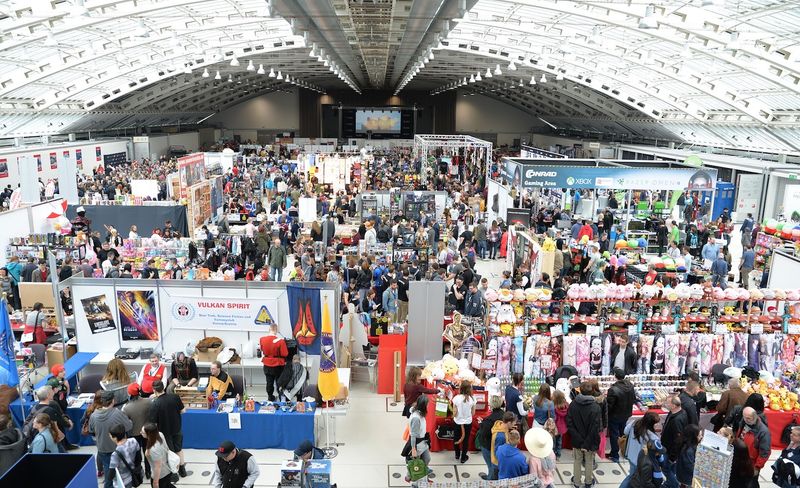
The cacophony of a crowded event can feel like a sensory overload to introverts. It’s not that they don’t enjoy socializing; it’s just that being in a place where noise, movement, and chatter collide can be utterly exhausting. For introverts, these events drain their energy reserves faster than a marathon.
Picture yourself surrounded by a whirl of voices, music blaring, and people brushing past. It’s a cocktail of stimuli that leaves introverts yearning for a quiet corner. Often, they’ll find themselves plotting an early escape or seeking solace in smaller, more intimate gatherings.
Introverts don’t fun; they just manage their energy in a world that never seems to stop buzzing. So if you think your introverted friend ignores you, consider inviting your them for a quiet coffee instead of a boisterous bash. They’ll appreciate the thoughtfulness.
5. Being Forced to Network for “Fun”

Networking events, where people mingled over canapés and business cards, feel like a nightmare to introverts. It’s the forced nature of it that makes them cringe. The rapid-fire exchange of pleasantries and elevator pitches can feel hollow and rushed.
Introverts crave meaningful connections, not speed dating in business form. Imagine being in a room where everyone seems to be in a rush, juggling conversations like hot potatoes. For introverts, it’s overwhelming and leaves little room for genuine interaction.
They’d rather have a deep conversation with one person than skim the surface with a hundred. If you’re planning a networking session, consider quieter settings or smaller groups—your introverted colleagues will thank you for making it less of a circus.
6. Getting Surprise Visitors at Home

Home is a sanctuary for introverts—a place to recharge and escape from the world. Surprise visitors disrupt this safe haven, feeling more like an intrusion than a delightful surprise. It’s not about disliking company; it’s about the lack of mental preparation.
Imagine settling in for a quiet evening, wrapped in a cozy blanket with a good book, when suddenly the doorbell rings. The unexpected visitors are like a jolt to the system.
For introverts, having time to anticipate and plan social interactions is key. Next time you’re thinking of dropping by unannounced, maybe shoot a quick text first. Your introverted friend will likely welcome you with open arms when they’re mentally ready.
7. Participating in Icebreakers
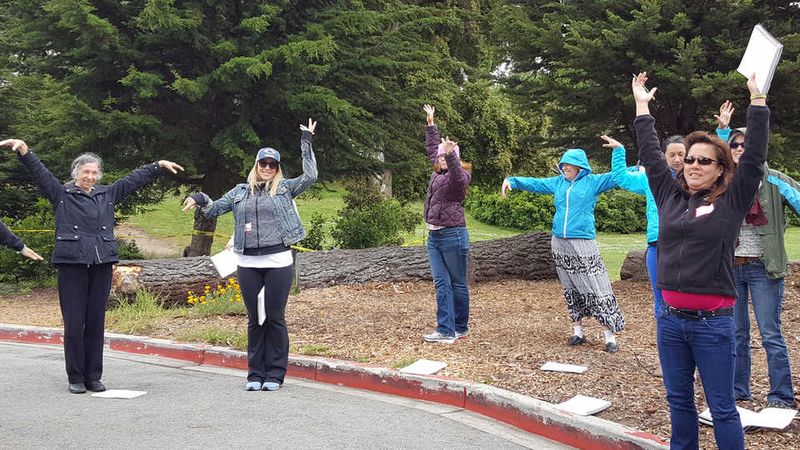
Icebreakers often top the list of dreaded activities for introverts. Being asked to share personal tidbits or participate in silly games in front of strangers can feel like an ambush. It’s not just about the activity itself; it’s about the pressure to perform and be social on cue.
Imagine being in a room full of people, tasked with sharing your most embarrassing moment or performing a quirky dance. For introverts, it’s akin to being put on stage without a script.
They’d prefer to skip the theatrics and instead ease into conversations naturally. If you’re organizing an event, perhaps consider alternatives to icebreakers, like open discussions or optional participation—your introverted participants will breathe a sigh of relief.
8. Being Interrupted While Recharging

For introverts, alone time isn’t just nice to have—it’s necessary. It’s the quiet space where their thoughts settle and their energy resets. Not everyone gets that. And that’s where things go sideways.
Being interrupted during this time isn’t just annoying—it can feel like someone barging through a door they didn’t knock on. No warning. No ask. Just a sudden demand for attention in a moment that was finally, blissfully quiet.
They’re not ignoring you. They’re not upset. They just need stillness the way others need noise. So if you see them pulled back, tucked into their own world with their introvert hobbies, don’t take it personally. Respect the space. Let the pause exist. That’s how they show up as their best selves—by stepping away first.
9. Having to Explain Why They’re Quiet

“Why are you so quiet?” It sounds harmless, maybe even curious. But for introverts, it’s the kind of question that lands heavy. It suggests there’s something wrong with silence—that stillness needs to be defended. Introverts often prefer to observe, listen, take it all in.
They’re not bored. They’re not upset. They’re simply present in a way that doesn’t need a spotlight. And yet, being asked to explain their quietness turns a peaceful moment into a performance. Suddenly, they’re on the spot, expected to justify just being themselves.
Silence, for them, isn’t empty—it’s full of thought, awareness, and calm. So instead of pointing it out like it’s a flaw, let it be. Not everyone needs to speak loudly to show they belong.
10. Being Compared to Extroverts

Being compared to extroverts might seem harmless—but for introverts, it often feels like a quiet dismissal. As if being outgoing is the gold standard, and anything less is falling short. They’re not lacking energy—they just use it differently. They don’t crave the spotlight; they value substance over noise, depth over performance.
It stings when someone points to the loudest person in the room and says, “See? You should be more like that.” Not because introverts want to be the center of attention, but because it makes their way of being feel… wrong.
But here’s the thing: their calm holds space. Their quiet makes room for others. They bring thoughtfulness, not just volume. So maybe instead of comparing, we could start noticing. Different doesn’t mean lesser. Relationships with introverts don’t need to be louder to matter—they already do.
11. Being Told to “Speak Up” Constantly

Being told to “speak up” is something introverts hear more often than you’d think. But it rarely helps. It’s not about being unwilling to share—it’s about needing the space to do it in a way that feels right. Constantly being nudged to be louder doesn’t build confidence; it chips away at it.
Picture being in a meeting, sharing your thoughts, only to be cut off with, “Can you speak up?” It’s frustrating. It turns the focus from what you’re saying to how you’re saying it, and in that moment, it feels like you’re being asked to perform rather than participate. That pressure can make introverts shrink back instead of step forward.
They speak with intention, not volume. Instead of insisting on louder voices, we could try listening more closely. Because when introverts feel genuinely heard, they have a lot to say—and often, what they say stays with you.
12. Being Dragged Into Group Chats
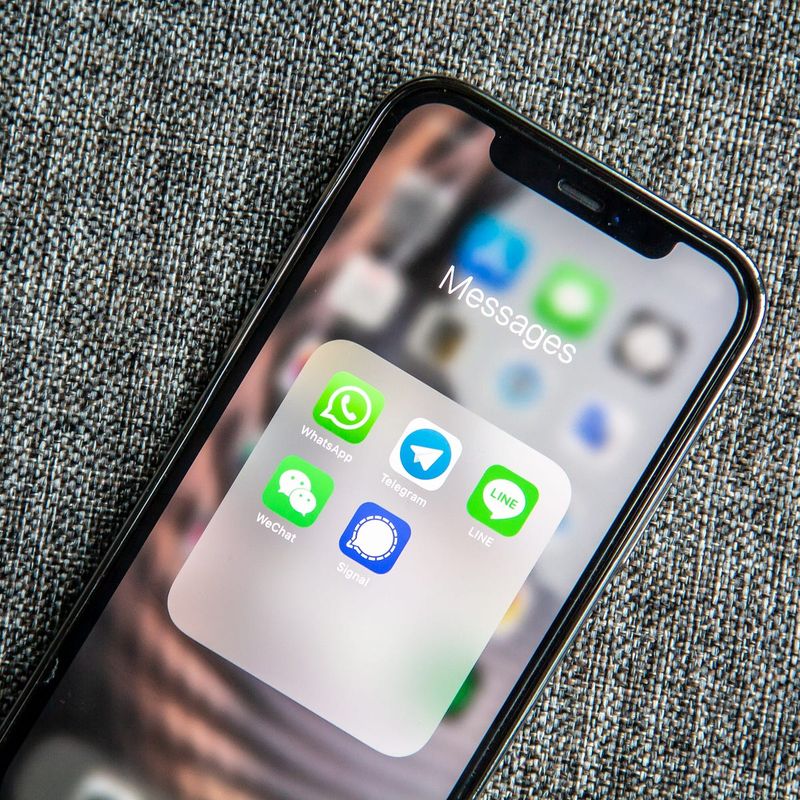
Group chats can feel like digital chaos for introverts—especially when they’re added without being asked. The rapid-fire messages and endless notifications can quickly turn something social into something stressful.
Each ping pulls at their focus, breaking the calm they’ve worked hard to find. For introverts, this kind of constant digital noise is more overwhelming than engaging. They tend to prefer slower, deeper conversations that give room to think and respond with intention.
My best friend is an introvert, and before adding them to a group thread, I first ask. That small gesture can make a big difference, giving them the choice to connect in a way that feels right for them. When they’re included on their own terms, everyone benefits.
13. Being Scheduled for Back-to-Back Meetings

Back-to-back meetings are the bane of an introvert’s workday. Without space to pause and reset, their energy drains fast. It’s not about avoiding people—it’s about needing a breather between all the interaction.
Now think of a schedule crammed with meetings, one after the other, each one asking for full focus. For introverts, that kind of pace doesn’t just wear them out—it strips away the quiet moments they rely on to think clearly and contribute meaningfully.
If you’re the one setting up meetings, spacing them out isn’t just polite—it’s productive. A little room between sessions helps introverts stay sharp, centered, and more ready to engage.
14. Having No Time Alone During Trips

Trips filled with nonstop activity can be a quiet struggle for introverts. They enjoy discovering new places—but not without time to pause, reflect, and recharge. When every moment is scheduled, the experience starts to feel more like a marathon than a vacation.
Being on a trip where the itinerary runs from sunrise to bedtime can be exhausting. For introverts, even fun in a group can drain their energy if there’s no space to retreat and reset. It’s not about avoiding others—it’s about finding balance.
If you’re planning a trip with an introvert, mix in pockets of downtime. A quiet coffee break, an unscheduled hour, or even a solo walk can make all the difference. That breathing room helps them enjoy the experience on their terms—and come home feeling restored, not worn out.
15. Being Pressured Into Public Speaking

Public speaking might seem straightforward to some, but for introverts, it can be an uphill climb. It’s not just about talking—it’s about being seen, heard, and often judged in real time. That kind of spotlight can be physically and emotionally draining.
Standing in front of a crowd with all eyes on you? That takes a different kind of energy. For introverts, it’s not about fear—it’s about needing time to prepare, gather their thoughts, and manage the internal pressure that comes with being center stage.
If you’re encouraging an introvert to speak up in public, patience and support matter more than you think. Give them space to prep, let them do it their way, and trust they’ll deliver—quietly, confidently, and meaningfully.
16. Getting Criticized for “Overthinking”

Overthinking gets a bad rap. For introverts, though, it’s not overthinking—it’s just thinking. Deeply. Carefully. Thoroughly. It’s how they make sense of the world and how they contribute value in conversations, work, and relationships. And, it’s something we could all learn from introverts.
Being told to “stop overthinking” feels dismissive, especially when that depth is part of what makes them effective. In a meeting, when their detailed insight is waved off as unnecessary, it’s not just frustrating—it’s invalidating. They’re not trying to slow things down; they’re trying to get it right.
Instead of rushing to slap a label on it, consider the upside. Introverts often spot what others miss. That pause they take? It’s where some of the best ideas begin.
17. Being Expected to Answer Immediately

Introverts often need a moment before responding. It’s not hesitation—it’s intention. They like to weigh their words, think through what they’re saying, and offer something meaningful.
Being pushed to answer on the spot can feel like being rushed through a door they weren’t ready to open. It’s not just uncomfortable—it can trigger stress, making it even harder to speak clearly. Quick replies don’t always mean better ones.
If you’re talking with an introvert, let the pause happen. That moment of silence isn’t awkward—it’s thoughtful. And what they say after it? It usually carries more weight than you think.
18. Being Volunteered for Group Activities

Being signed up for group activities without being asked can put introverts in a tough spot. It’s not that they don’t want to join in—it’s that they want to choose when and how they participate. Skipping that step feels like skipping over them entirely.
Now imagine sitting in a meeting, only to hear your name added to a team-building game you didn’t know existed. There’s pressure, discomfort, and a sense that your boundaries didn’t matter. For introverts, it’s less about the activity and more about the loss of control.
Next time you’re planning something group-oriented, just ask first. That quick check-in makes all the difference. It shows respect, builds trust, and makes it more likely they’ll say yes—because they were given the chance to.
19. Being Teased for Staying In
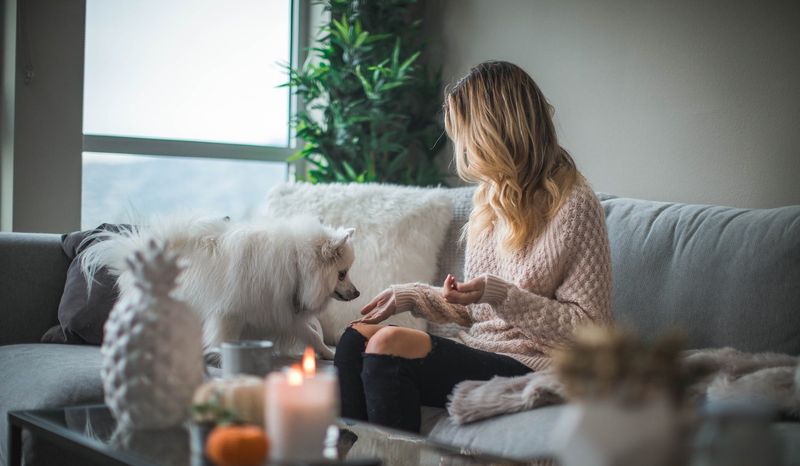
Choosing to stay in shouldn’t be treated like a punchline—but introverts know that teasing often comes with the territory. It’s not about being dull or antisocial. It’s about craving calm, quiet, and a bit of space to breathe.
Picture someone happily curled up with a movie or book, only to be met with jokes about being a recluse. It might seem harmless, but it dismisses a choice made for comfort and mental clarity. For introverts, home isn’t just where they live—it’s where they recharge.
So when they pass on the party, don’t take it personally. They’re not hiding from life—they’re enjoying it in a way that works for them. These are the things that we don’t understad introverts do, but that we need to respect. It means more than you think.
20. Feeling Guilty for Wanting Space

Introverts often carry guilt for needing time alone—even though it’s essential to how they function. It’s not about avoiding people; it’s about preserving energy and peace of mind. Still, they’re frequently made to feel like solitude needs an excuse.
Think about spending an entire day surrounded by conversations, only to crave silence—and then being told you’re “too quiet” or “not fun anymore.” That quiet moment they’re reaching for? It’s not selfish. It’s survival.
If someone close to you asks for space, let them have it without guilt-tripping or questioning. That time alone helps them return with more clarity, energy, and care. Giving them room to breathe is one of the most generous things you can do.
21. Being Treated Like Something’s Wrong With Them

Introverts are often misread as distant, awkward, or even rude—simply because they’re quiet. But quiet isn’t a problem to solve. It’s a preference, a comfort, a way of moving through the world that doesn’t always require words.
Now think about being at a gathering where your calm presence is met with sideways glances or unnecessary concern. For introverts, that kind of reaction feels more isolating than the silence itself. They’re not unhappy—they just don’t need to fill every pause to feel connected.
Instead of assuming something’s off, try accepting that some people express themselves differently. Quiet doesn’t mean broken. It means intentional, observant, and grounded. And that deserves just as much space as anything louder.
22. Being Talked Over in Conversations

Being talked over is frustrating for anyone—but for introverts, it can hit especially hard. Speaking up doesn’t always come easily, so when they do, getting interrupted feels like their voice is being brushed aside.
It’s not about needing the spotlight. It’s about wanting to contribute something thoughtful, something they’ve taken time to form. When that moment is cut short, it sends a quiet message: what they have to say doesn’t matter.
If you’re in a conversation with an introvert, give them space to finish. That extra pause to truly listen can make all the difference. Their words might be fewer, but they often carry more weight than you expect.
23. Having to Make Last-Minute Plans

Last-minute plans can be stressful for introverts—not because they’re rigid, but because they value mental preparation. Spontaneity might sound fun to some, but for introverts, it often feels like being pushed into cold water without warning.
Getting an invite an hour before an event can throw off their whole rhythm. It’s not just about the logistics—it’s about switching gears, emotionally and mentally, without enough time to settle into the idea.
If you’re hoping to include an introvert in your plans, give them a little heads-up. That space to prepare makes all the difference. They’re far more likely to show up—and enjoy it—when they’ve had time to ease into the moment.
24. Being Forced Into Group Photos

Group photos might seem harmless, even fun—but for introverts, being pulled into one without warning can feel like an ambush. It’s not that they don’t want to be part of the memory—they just don’t love being the center of attention.
Think about being at an event, quietly enjoying the background, when someone waves you over for a photo without asking. Suddenly, the comfort zone vanishes. What felt like a relaxed moment now feels like a spotlight.
Introverts in romantic relationships crave a lot, but if you’re organizing a group shot, a simple ask goes a long way. Giving introverts the option shows respect for their boundaries—and when people feel at ease, the photo turns out better anyway.
25. Being Told to “Just Get Out of Your Shell”

“Just get out of your shell” might sound like helpful advice, but for introverts, it often lands wrong. It suggests there’s something off about being inward, quiet, or reflective—like their natural state needs correcting.
Being told to act louder or more outgoing isn’t just uncomfortable—it’s invalidating. It’s like asking someone to be someone else just to make others feel more at ease. Introverts don’t need fixing. They need space to be themselves.
Instead of pushing them to change, try noticing what they bring: calm presence, thoughtful words, emotional depth. Those qualities don’t shout, but they matter. And they deserve to be valued just as they are.







